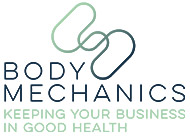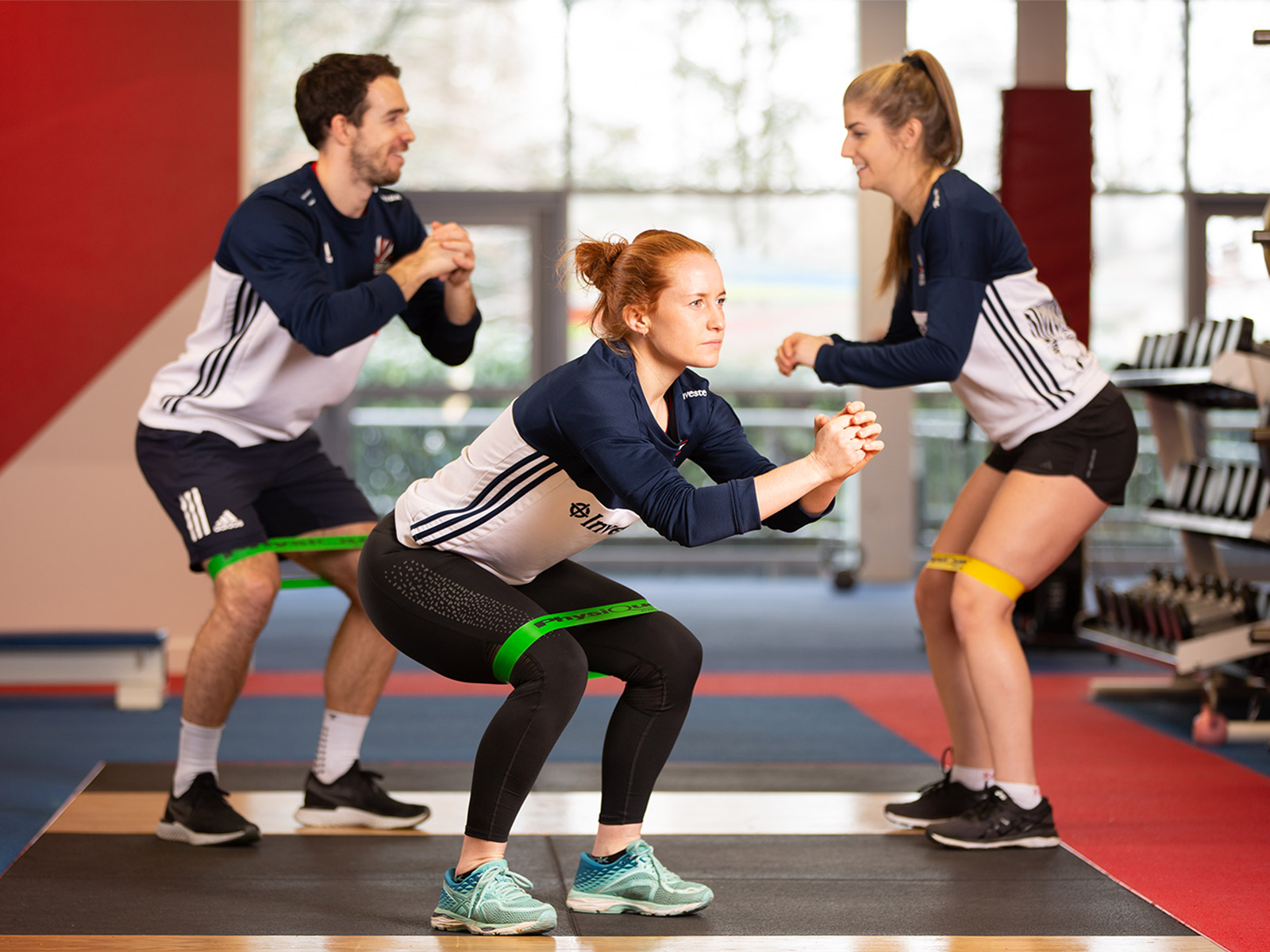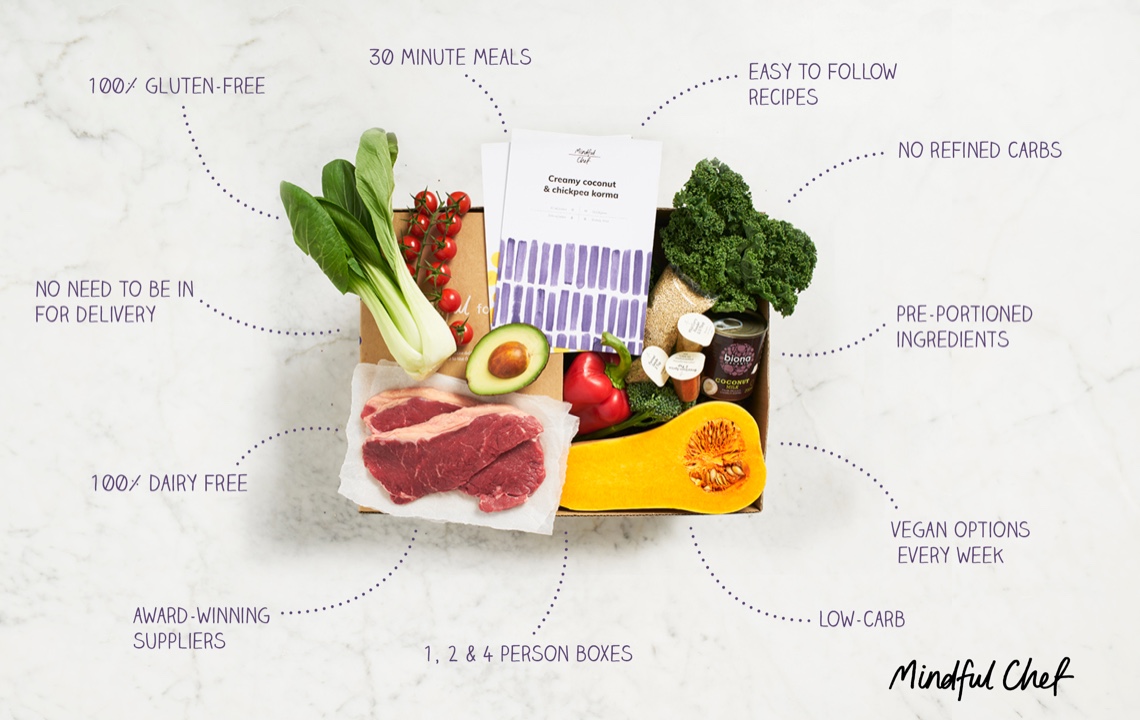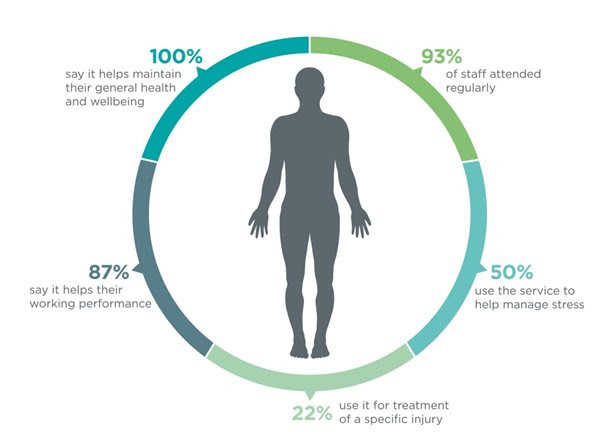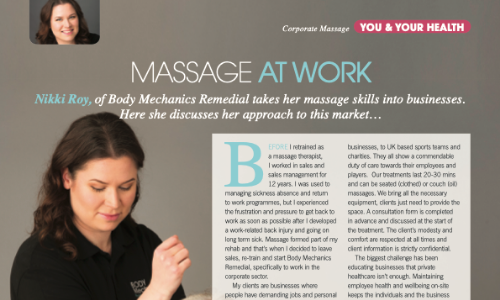5 Ways to Improve Your Sleep
This article first appeared as a blog on https://fiit.tv/
Stress can disrupt the quality of our sleep, which in turn can result in reduced energy, brain fog, and a general lack of engagement. Our partners at Fiit highlight 5 ways we can get our sleep patterns back on track during stressful times.
Sleep is important. Like… really important.
We spend more than a third of our lives throwing Z’s. And sleep problems impact around 45% of the world’s population.
Professionals talk about the four pillars of health: exercise, relaxation, nutrition and sleep. The first three are conscious decisions. The fact you’re reading this means you’re probably smashing the first one. So how can we get the best out of our sleep?
1. CARDIO
Exercise does an excellent job of making us tired. Cardio improves our performance on the mat. But it also boosts our performance in the bedroom. And yes, we’re still talking about sleep.
Regular cardio helps stabilise your mood and relax your mind. Helping you get to sleep quicker.
One study showed that exercise can halve the time it takes for you to get snoozing – giving you an extra 41 mins a night. Which sounds as luscious as it does luxurious.

2. STRENGTH
Turns out pumping iron makes for a good night’s kip. Which makes us slightly jealous of Arnold Schwarzenegger.
Resistance training results in lots of micro muscle tears. For your body to repair them, it changes your glucose levels, blood pressure and boosts your metabolism. And this reduces stress indicators like cortisol – which can be a real pain in your sleep side.
3. YOGA
Getting bendy does more than open you up and feel amazing. Just like strength, yoga can lower blood pressure and cortisol levels.
One survey found that over 55% of people report better Z’s when they zen.
Which is fair enough. Because sleep seems like a logical step after savasana.
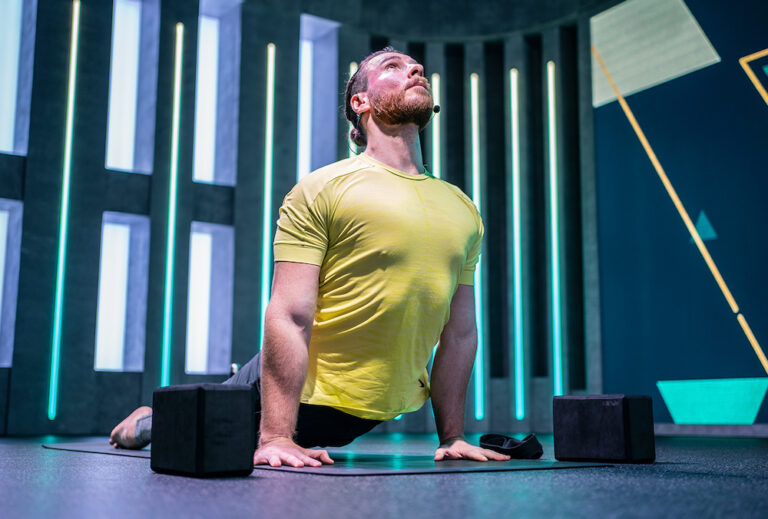
4. BREATHWORK
We’re not talking about everyday breathing. Although that it’s pretty damn important.
We’re talking about deep breathing exercises and techniques. And they’ve been known to improve your mental and physical well-being.
This works by slowing down the heart rate, lowering blood pressure and relaxing tension – giving you a lovely feeling of calm. The more you do it. The more you can replicate it when your head hits the pillow.
5. ROUTINE
One of the best ways to improve your sleep is to sync up with your circadian rhythm.
This is your body’s natural sleep-wake cycle. And working your routine around it is an absolute game changer. Try and get up and go to bed at the same time each day and exercise at the right time.
We recommend getting your cardio in early. Your strength during the day. And yoga and breathwork at night.
Plus, you can schedule any of these classes into your Fiit app. Locking in a routine. And adding some extra accountability.
If you’re new to Fiit and you’re looking to get sleepy – we’ve got a huge variety of cardio, strength, yoga and breathwork classes – specifically designed to take your fitness to the next level. And your sleep.
